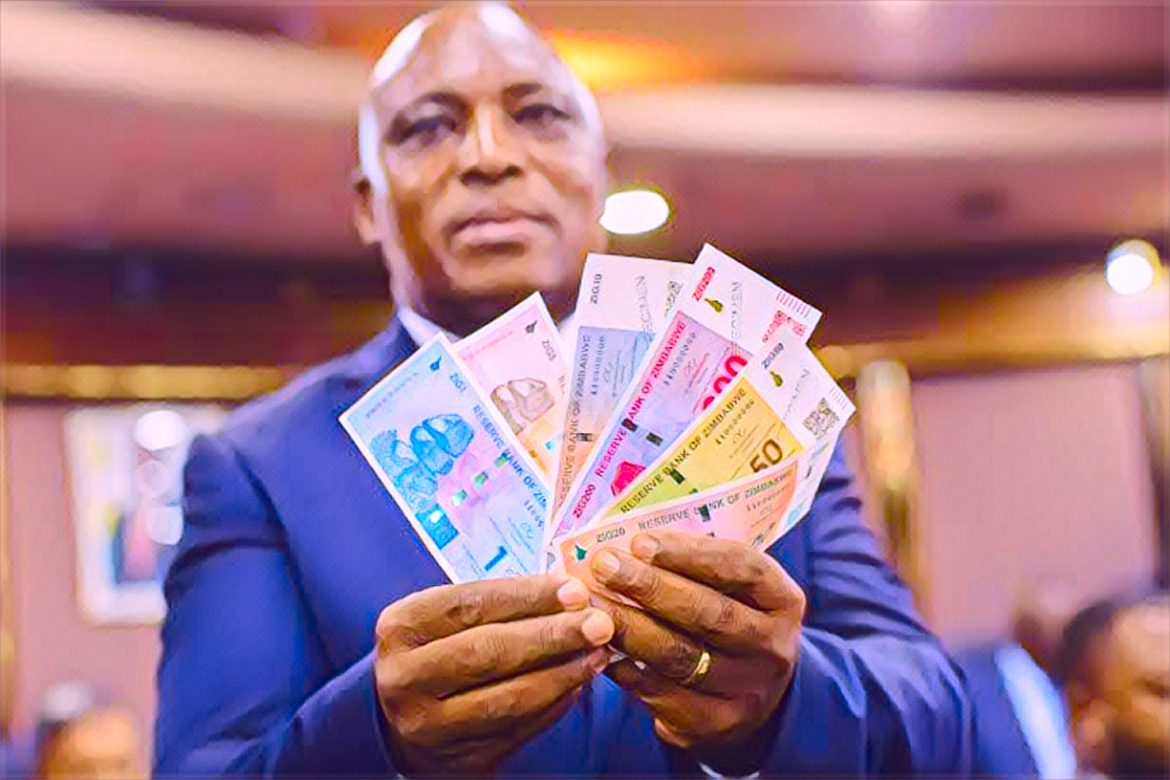The people of Hurungwe, far from the busy cities of Harare, go about their everyday lives with a strong sense of traditionalism that barely gives in to the demands of modernity. Here, the excitement around Zimbabwe’s new currency proposal, the Zimbabwe Gold (ZiG), seems less like a revolutionary economic shift and more like far-off noise.
Hurungwe is rising early, and small patches of land where the village’s farmers who are the main source of income carefully cultivate the soil are bathed in golden sunlight. The rich smell of the fertile soil and the sounds of modest farming implements fill the air, demonstrating the peasants’ deep connection to their land. However, in spite of the physical separation from the nation’s economic discussions, the consequences of national policies, like the introduction of the ZiG currency, cast a long shadow over these peaceful fields.
Chipo Mandere, a local farmer and a mother of five, shares her thoughts on the new currency with a hint of doubt. “I’ve heard some talk about it on the radio, but I’ve never seen it,” she reveals while sorting through a basket of groundnuts. In Hurungwe, like many other rural areas across Zimbabwe, the US dollar and traditional barter trade remain the primary means of economic exchange, not the newly introduced ZiG.
The Zimbabwean government launched the ZiG currency as part of a broader strategy to stabilize the nation’s economy and transition away from the previously inflated Zimdollars. While the initiative has started to take root in urban areas, its reach into remote regions like Hurungwe has been notably slow. The challenges are manifold: inadequate infrastructure, scarce banking services, and a general lack of financial literacy programs all hinder the widespread adoption of ZiG.
For the elderly, such as 78-year-old Sekuru Joram Chigara, the new currency stirs up memories of past economic hardships, including the hyperinflation period that eroded his life savings. “We’ve seen so many changes with money in this country. Each time, it becomes harder to trust what we’re given,” he explains, his voice tinged with the weariness of experience.
The government’s push to encourage digital transactions and mobile banking in tandem with the ZiG rollout clashes with the realities of rural life. Many villagers don’t own smartphones, and for those who do, sporadic network coverage and unreliable electricity supply frequently disrupt digital connectivity. Tendai and Emma Kambuyi, who run a small general store in the village, echo this sentiment. “ZiG is still alien here. Mobile money is good, but what happens when there’s no network?” Tendai poses a rhetorical question, highlighting the practical challenges that come with technological dependence.
Amid these challenges, the local community leader, Headman Jeremiah Maringapasi, confirms that the village has yet to see the new currency. “We heard about it, but it has not reached us yet,” he states, summarizing the gap between policy announcement and actual implementation.
Recognizing these obstacles, the Zimbabwean government has intensified its efforts to bridge the urban-rural divide. It has mobilized Zanu PF leaders and war veterans to advocate for the ZiG currency, alongside launching extensive awareness campaigns spearheaded by senior party officials and supported by the Reserve Bank of Zimbabwe (RBZ) and the Information, Publicity and Broadcasting Services ministry.
John Mushayavanhu, the governor of the Reserve Bank of Zimbabwe, recently acknowledged the difficulties with the cash distribution system, which have resulted in little ZiG coin withdrawals from commercial banks. This admission highlights structural problems in making sure that new policies are successfully implemented across the nation.
Hurungwe’s attitude of adaptation and mutual reliance persists in spite of these obstacles. Residents barter items at the lively local market, exchanging vegetables for school supplies or maize for soap. This system of trade predates modern currency and continues to support it.


